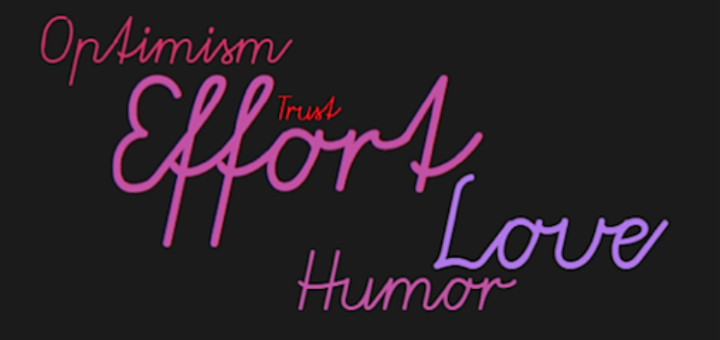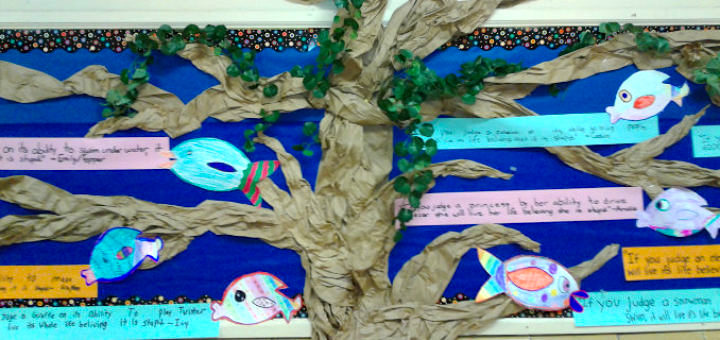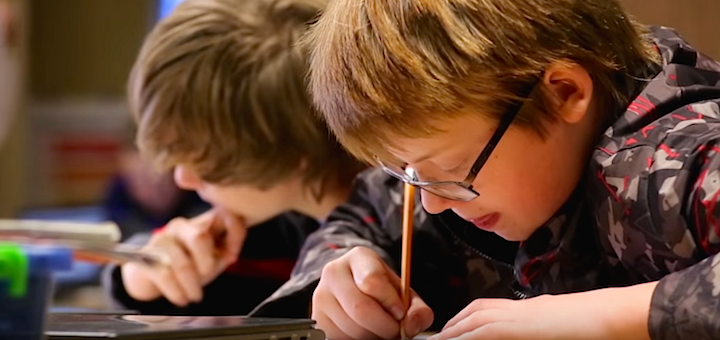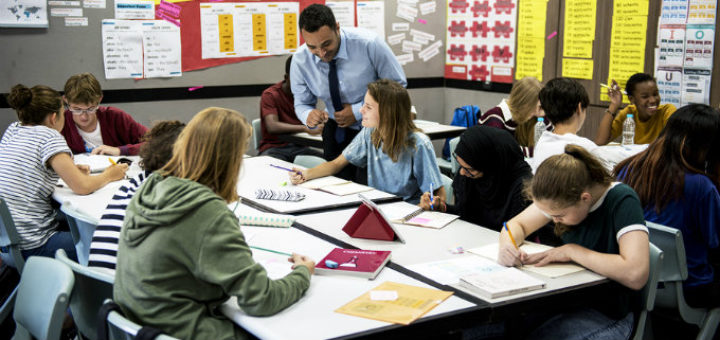When Values and Mission Guide Your Decisions
Being mindful of what is driving the decisions we make as educators is valuable. A good place to start is by defining our own core values. New principal Rita Platt shares a method for distilling those values and tells how she applied hers to several school decisions.





















